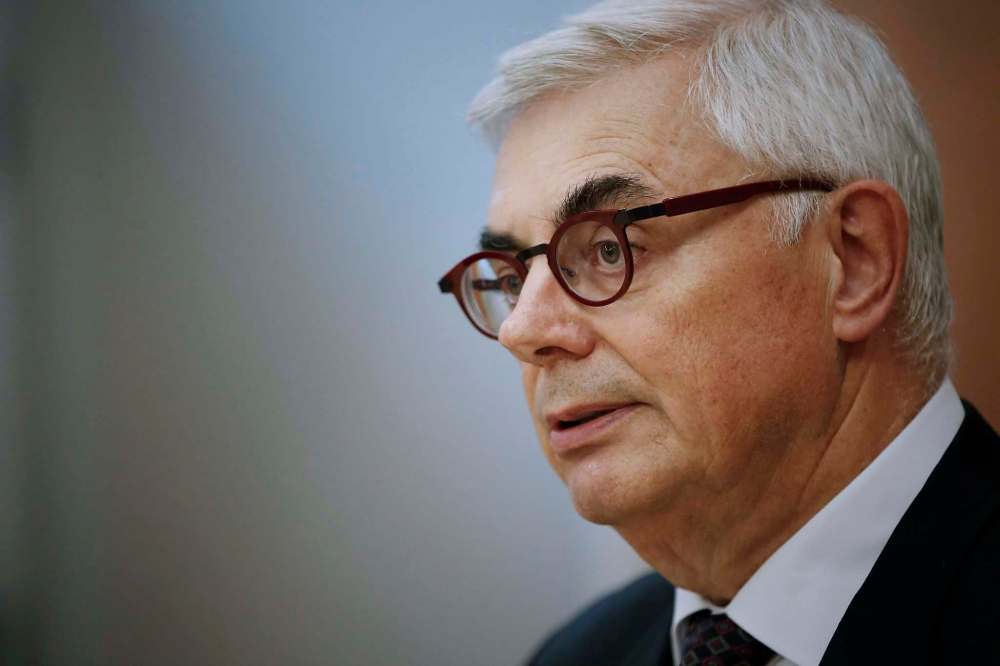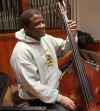U of M sexual misconduct plan short on ideas
Advertisement
Read this article for free:
or
Already have an account? Log in here »
To continue reading, please subscribe:
Monthly Digital Subscription
$0 for the first 4 weeks*
- Enjoy unlimited reading on winnipegfreepress.com
- Read the E-Edition, our digital replica newspaper
- Access News Break, our award-winning app
- Play interactive puzzles
*No charge for 4 weeks then price increases to the regular rate of $19.00 plus GST every four weeks. Offer available to new and qualified returning subscribers only. Cancel any time.
Monthly Digital Subscription
$4.75/week*
- Enjoy unlimited reading on winnipegfreepress.com
- Read the E-Edition, our digital replica newspaper
- Access News Break, our award-winning app
- Play interactive puzzles
*Billed as $19 plus GST every four weeks. Cancel any time.
To continue reading, please subscribe:
Add Free Press access to your Brandon Sun subscription for only an additional
$1 for the first 4 weeks*
*Your next subscription payment will increase by $1.00 and you will be charged $16.99 plus GST for four weeks. After four weeks, your payment will increase to $23.99 plus GST every four weeks.
Read unlimited articles for free today:
or
Already have an account? Log in here »
Hey there, time traveller!
This article was published 24/12/2018 (2547 days ago), so information in it may no longer be current.
It’s getting harder and harder to watch the University of Manitoba wrestle with the issue of sexual harassment.
Recently, U of M president David Barnard pledged to overhaul rules regarding sexual relationships between students and faculty, and bolster training on harassment and abuse.
In his year-end message to students and faculty, Barnard apologized — not for the first time — for the school’s systemic failures in handling sexual harassment allegations. He promised the school would produce a “guide on intimate relationships and significant enhancement of our education and training on these topics for faculty and staff.”

Taken together, Barnard is obviously trying to cover a lot of ground and a wide array of individual issues. And for good reason: in the past year or so, the school has been hit by allegations of sexual misconduct.
In 2017, the university was forced to admit it failed to act on allegations of sexual impropriety against a music professor, Steve Kirby. After the allegations were made known to the school, Kirby was put on six months paid leave and then allowed to retire quietly from his position in June 2017. He went on to take a position with the prestigious Berklee College of Music in Boston. When details of the allegations surfaced in Winnipeg, he was fired from his new position. In September 2018, he was charged with sexual assault and turned himself in to Winnipeg police.
As that drama was unfolding, Barnard revealed there were five more internal investigations involving faculty who were accused of sexual harassment or assault. In early December, apparently unrelated to those five investigations, allegations arose against professor Peter Jones, founding director of the Richardson Centre for Functional Foods and Nutraceuticals. The allegations included dating students he was supervising.
Barnard is clearly trying to demonstrate accountability, and should be applauded for his efforts. However, it’s tough to get past the feeling that his responses to date seem long on academic verbosity and short on specific, practical ideas.
The venerable U of M needs an immediate overhaul of its policies and rules for student-faculty relationships. The school does not need a “guide” to relationships. It does desperately need clear and practical rules built around a clear and practical definition of unacceptable relationships, with unambiguous penalties.
The U of M is hardly the first institution of higher learning to wrestle with these issues. Post-secondary schools all over the world are trying to determine where to draw the line in a context where conditions are ripe for unhealthy relationships.
Post-secondary schools are places where young adults go to learn how to be adults. The schools become the laboratories for intellectual, emotional and — yes — sexual awakenings. Given their age and limited life experience, students are more vulnerable to experienced adults; they are also anxious to experience all that adulthood has to offer.
As the U of M has demonstrated, these relationships are all too frequently flawed. For every consensual relationship, it’s easy to imagine there are many more where the attention is unwanted and unappreciated. The sheer number of allegations, lawsuits and police investigations involving student-faculty relationships at schools in Canada and the U.S. seems to substantiate those concerns.
In that context, it seems almost incomprehensible that faculty would be allowed to enter into any kind of sexual relationship with a student, particularly undergraduates. But academia has not only tolerated these relationships, it has defended them as a legitimate part of the post-secondary experience.
And perhaps there is a case to be made that students who have entered into legal adulthood should be allowed to pursue relationships with older faculty. Most universities, either formally or informally, have discouraged sexual relationships between a student and a faculty member where there is a direct teacher-student dynamic.
You would think that limitation would be sufficient to ensure that students could enter into romantic relationships with faculty without any expectation of favourable treatment or fear of retribution. But that does not take into account the instances of unwanted attention that can, in some instances, graduate to harassment or abusive behaviour.
In the U.S., where the debate over sexual relationships between staff and students is much more evolved than it is in Canada, schools have acted with fairly strict policies banning sexual relationships between faculty and undergraduates.
It’s hard to come up with a definitive number of relationship bans because there are a number of variables that differentiate the policies. However, this year alone, the Massachusetts Institute of Technology, the University of Pennsylvania, Cornell and Duke University have banned sexual relationships between faculty and undergraduate students. They follow in the footsteps of the pioneers of these policies, schools such as Yale and Harvard.
Many of the schools listed above focus their policies on undergraduate students; most allow sexual relationships between graduate students and faculty as long they have no direct “professional authority” over the student; some require such relationships to be disclosed to school administration.
Some argue the bans are justifiable given the obvious difference in experience and authority between the student and staff member.
Others believe that the bans are draconian, particularly given that most post-secondary schools have fairly strict rules on sexual harassment.
But as the U of M has demonstrated in painful detail, some limits are obviously required.
The power imbalance endemic in romantic relationships between faculty and students — even those not engaged in a direct teacher-student scenario — is impossible to ignore.
In both love and war, it’s never a fair fight when students and teachers collide.
dan.lett@freepress.mb.ca

Born and raised in and around Toronto, Dan Lett came to Winnipeg in 1986, less than a year out of journalism school with a lifelong dream to be a newspaper reporter.
Our newsroom depends on a growing audience of readers to power our journalism. If you are not a paid reader, please consider becoming a subscriber.
Our newsroom depends on its audience of readers to power our journalism. Thank you for your support.





